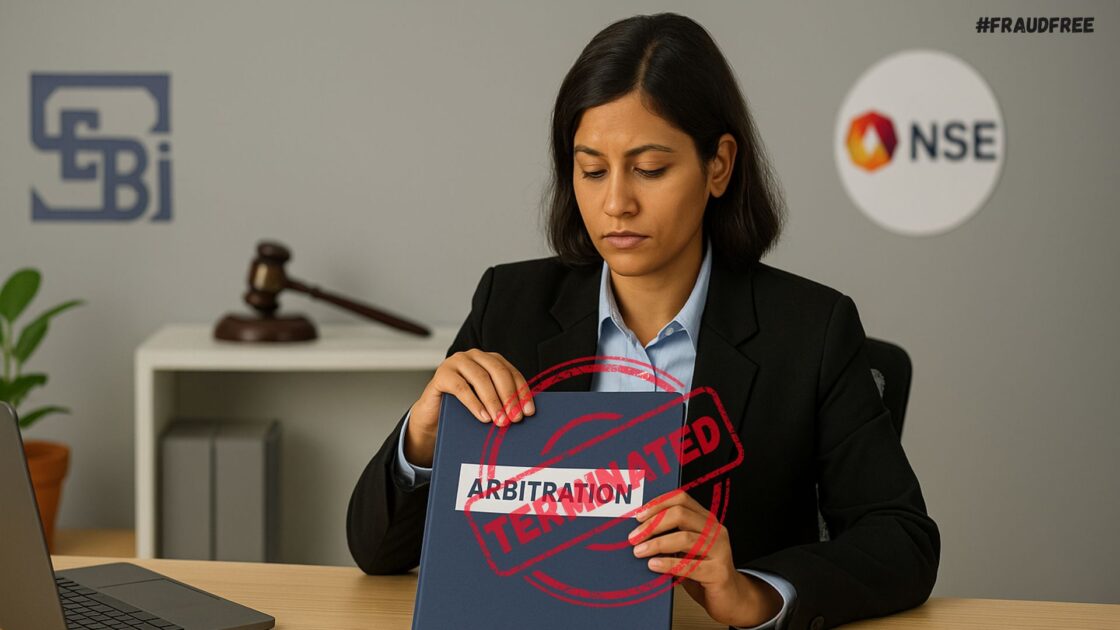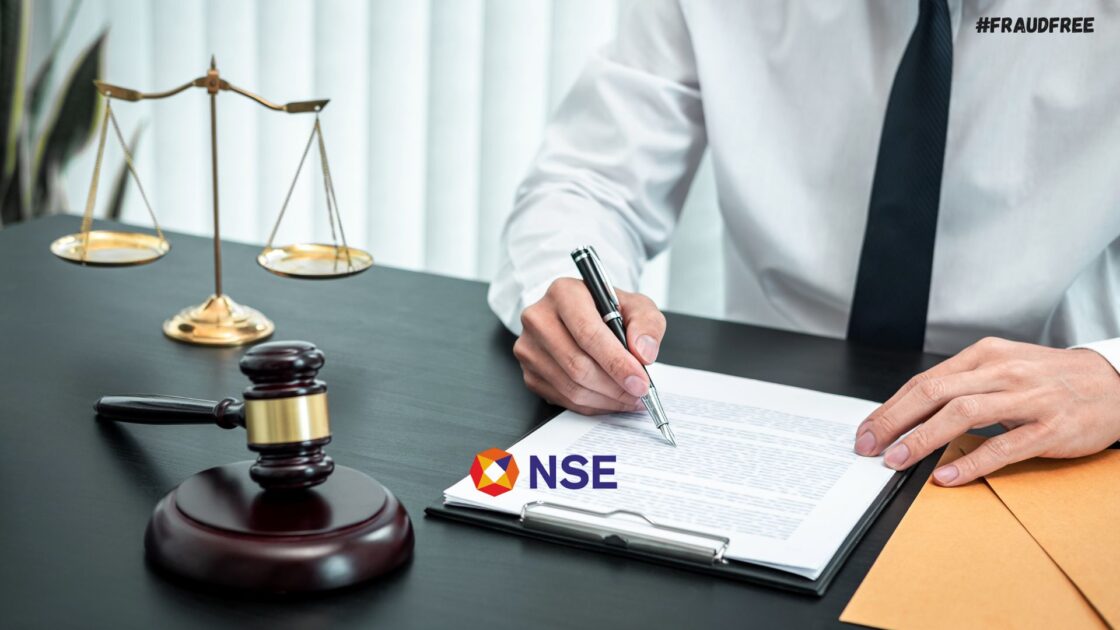If you are in dispute with stock stockbroker or an advisory firm and are not getting any resolution from the internal redressal system, then you can request arbitration, a formal yet efficient way to seek justice. It is conducted by the stock exchange under SEBI guidelines. Before you go ahead, consider reading the steps of arbitration proceedings in India.
This blog outlines the exact process and procedure involved in arbitration proceedings, so you know what to expect throughout the process.
What Matters Can Be Referred to Arbitration?
You can approach arbitration if:
- You have a dispute with your broker or trading member
- The exchange’s grievance redressal process has failed to resolve the issue
- You have not filed a case on the same matter in court
The arbitration in stock market must be filed within 3 years from the date of the dispute, as per the Limitation Act and here are some of the matters that you can escalate to arbitration.
- If your broker charges you a high brokerage.
- If a broker or stock advisor offers a service of trading account handling with profit sharing.
- If your broker has misused your funds.
- Technical glitch in trading app
- Account freezing or related issues.
Now let’s get into the details and learn the conduct of arbitration proceedings:
Step 1: Filing the Arbitration Application
The purpose of arbitration is to get fair justice and it is therefore important to submit a written application along with supporting documents to the concerned stock exchange (NSE, BSE, or MSEI).
For this you will be required to pay a nominal arbitration fee, which may be refunded if the case is decided in your favor.
The application should include:
- Summary of the dispute
- Amount claimed
- All evidence: contract notes, ledger statements, communication records, etc.
In case you need assistance in filing the arbitration case, register with us now. We will guide you with document collection to drafting and further in representing your case in arbitration.
Step 2: Scrutiny and Case Registration
Once submitted, the exchange scrutinizes the application:
- Verifies if the case is complete and within jurisdiction
- Ensures all necessary documents are attached
If everything is in order, the case is registered, and a case reference number is issued. In case, the matter cannot be handled in arbitration, it led to termination of arbitration proceedings.
Step 3: Appointment of Arbitrator(s)
The exchange appoints arbitrators through an automated system:
- For claims up to ₹25 lakh – one arbitrator
- For claims above ₹25 lakh – a panel of three arbitrators
All arbitrators are trained, registered, and follow SEBI’s code of conduct.
Step 4: Notification to the Respondent
The opposing party (usually a broker or trading member) is notified about the case. They are required to:
- Submit a written reply
- Provide counter-evidence, if any
- Confirm participation in the hearing
Step 5: Hearing Schedule and Intimation
The exchange informs both parties about:
- Date and time of the hearing
- Mode of the hearing (physical or virtual)
- Instructions regarding appearance and document submission
Hearings are typically scheduled within 30 days of the appointment of the arbitrator.
Step 6: Arbitration Hearing
During the hearing:
- The investor (claimant) presents their case first
- The broker/trading member (respondent) follows with their defense
- Arbitrators may ask questions and review documents
If either party fails to appear, the case may proceed ex parte, based on the available evidence.
Step 7: Issuance of Final Award
After evaluating all submissions, the arbitrator:
- Drafts a reasoned arbitration award
- Communicates the decision to both parties
- Issue the award generally within 30 days of the final hearing
The award is binding and enforceable under the Arbitration and Conciliation Act, 1996.
How Long Does Arbitration Decision Take?
| Stage | Typical Time Taken |
|---|---|
| Case registration | 7–15 days |
| Appointment of arbitrator | Within 10 days of approval |
| Hearing | Within 30–45 days |
| Final award | Within 90 days overall |
In general, the process is expected to conclude in 4–6 months from the date of filing. You can check arbitration case status by visiting respective stock exchange website or by sending email to NSE or BSE.
Final Thoughts
Arbitration provides a structured and legally recognized way for investors to resolve disputes against brokers in the Indian stock market. By understanding each step of the process, you can better prepare your case and avoid unnecessary delays.
If you’re unsure about how to proceed or need assistance filing your case, it’s advisable to consult with a legal professional or investor support service.







